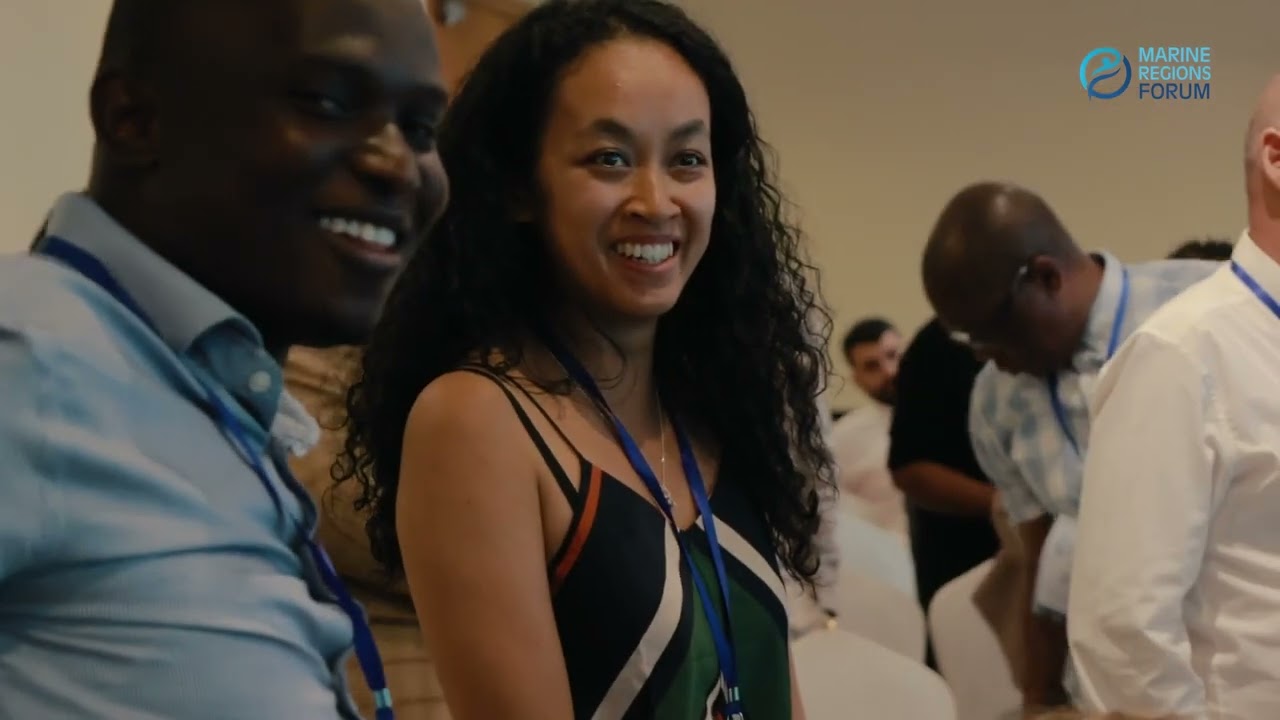Overline:
Marine Regions Forum 2023
Headline:
Enhancing Cooperation and Coordination to Advance Ocean Governance
Hosted in the Western Indian Ocean (WIO) region by the United Republic of Tanzania and the Republic of Seychelles, the Marine Regions Forum 2023 convened under the theme, “Navigating ocean sustainability in the WIO and beyond.” The three-day conference was co-hosted by the United Republic of Tanzania and the Republic of Seychelles and brought together experts from the WIO and other marine regions to strengthen cooperation and coordination for marine governance in the WIO region and beyond by sharing knowledge and best practices.
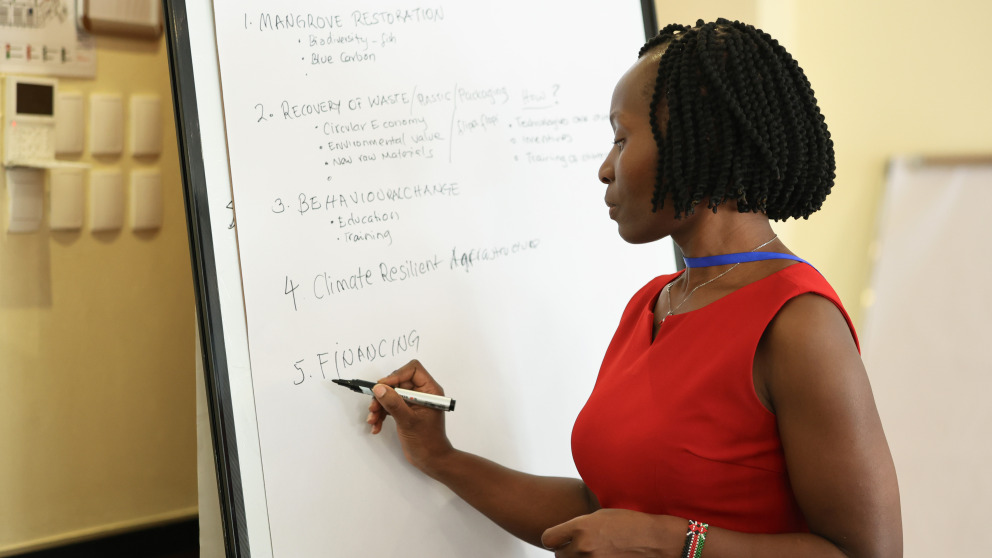
The Marine Regions Forum 2023 was designed as an interactive conference to encourage the active involvement of experts - from the choice of topics to the staging of the conference and participation. Interactive plenary sessions and dialogue workshops addressed issues guided by four thematic strands related to the conference theme: Tackling the triple planetary crisis; Fostering a sustainable blue economy; Implementing global goals at the regional level; and Regional ocean governance. As if woven into a strong rope, these thematic stands were bound together by three daily themes - Inclusivity, Innovation and Implementation - yielding significant insights and outcomes for robust and collaborative ocean governance in the WIO region.
The first day of the Marine Regions Forum focused on “Inclusivity" – setting the stage for the exploration of diverse perspectives and discussions on efforts to promote equality and inclusivity.
On the second day, the focus shifted to "Innovation", with parallel workshop sessions and a plenary session to discuss ground-breaking ideas and technologies to tackle the triple planetary crisis of biodiversity loss, climate change and pollution, for example.
On the final day, the Forum concluded with discussions under the theme of “Implementation,” emphasizing practical application and strategies to turn ideas into action. Participants shared insights on overcoming challenges and ensuring tangible outcomes, contributing to the translation of discussions into real-world results.
Photo gallery: opening session
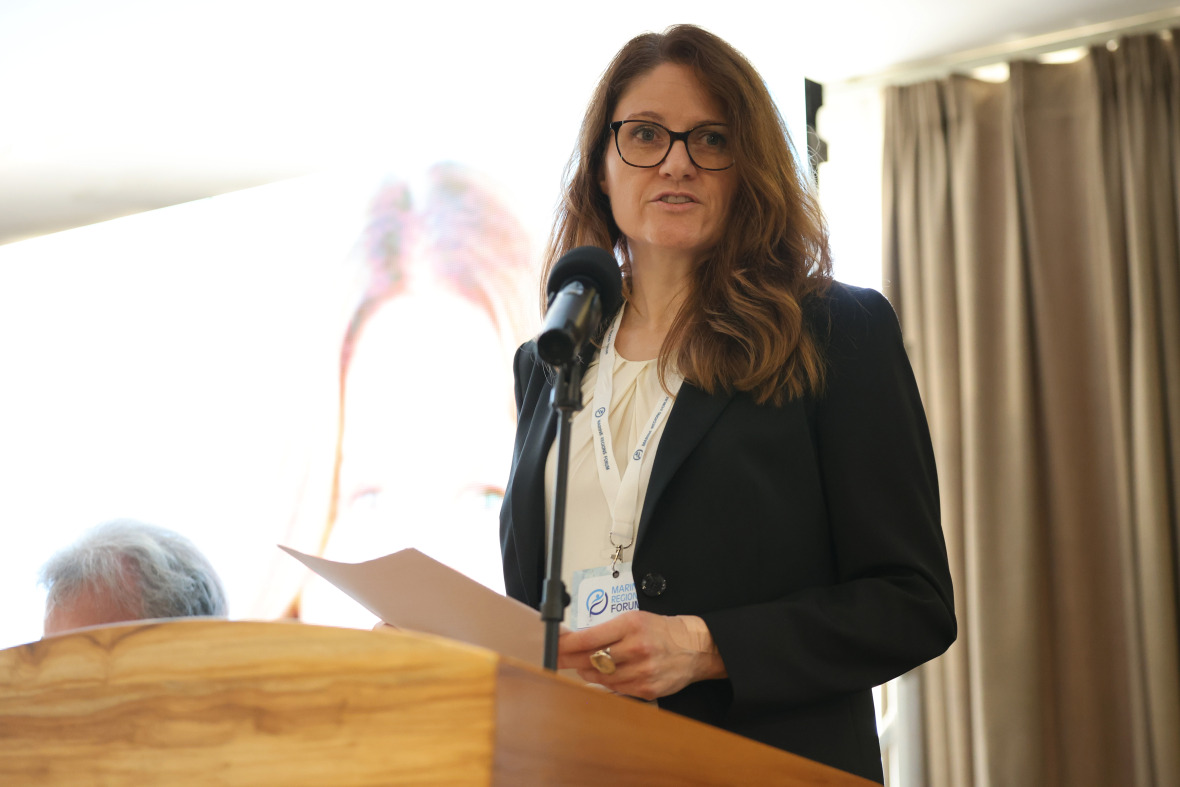
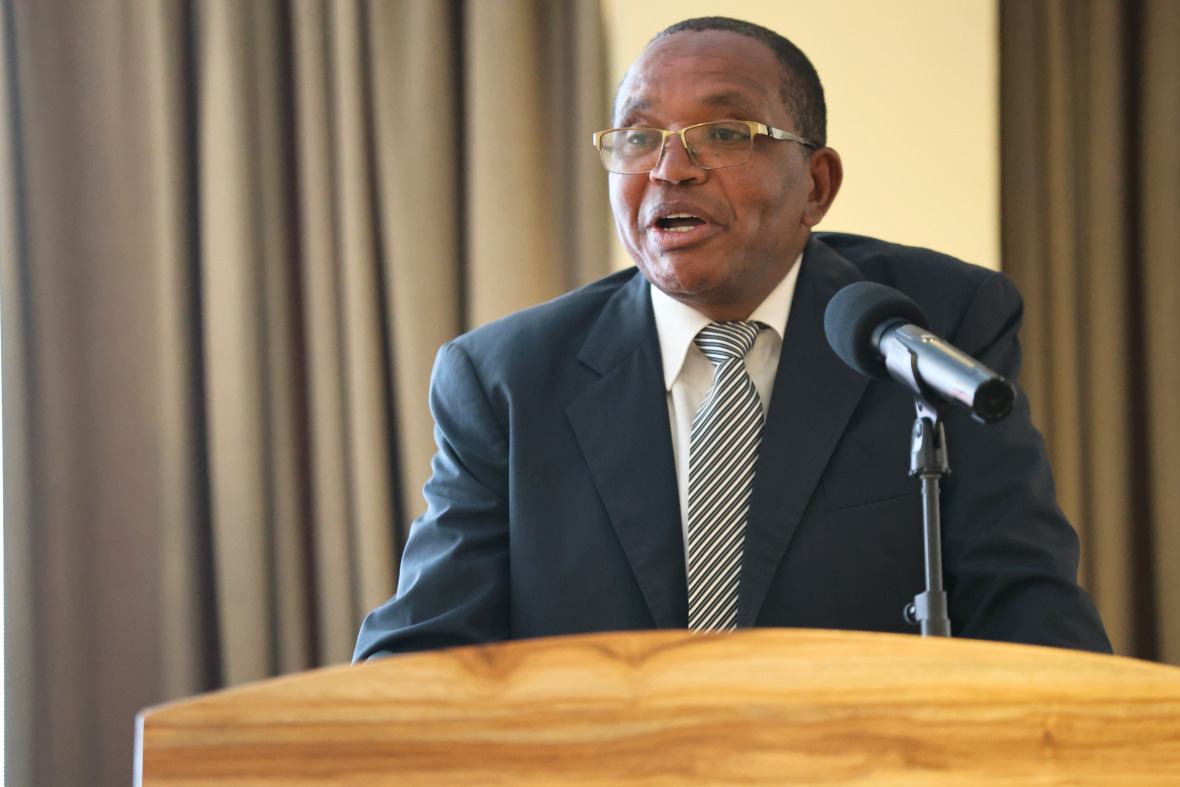

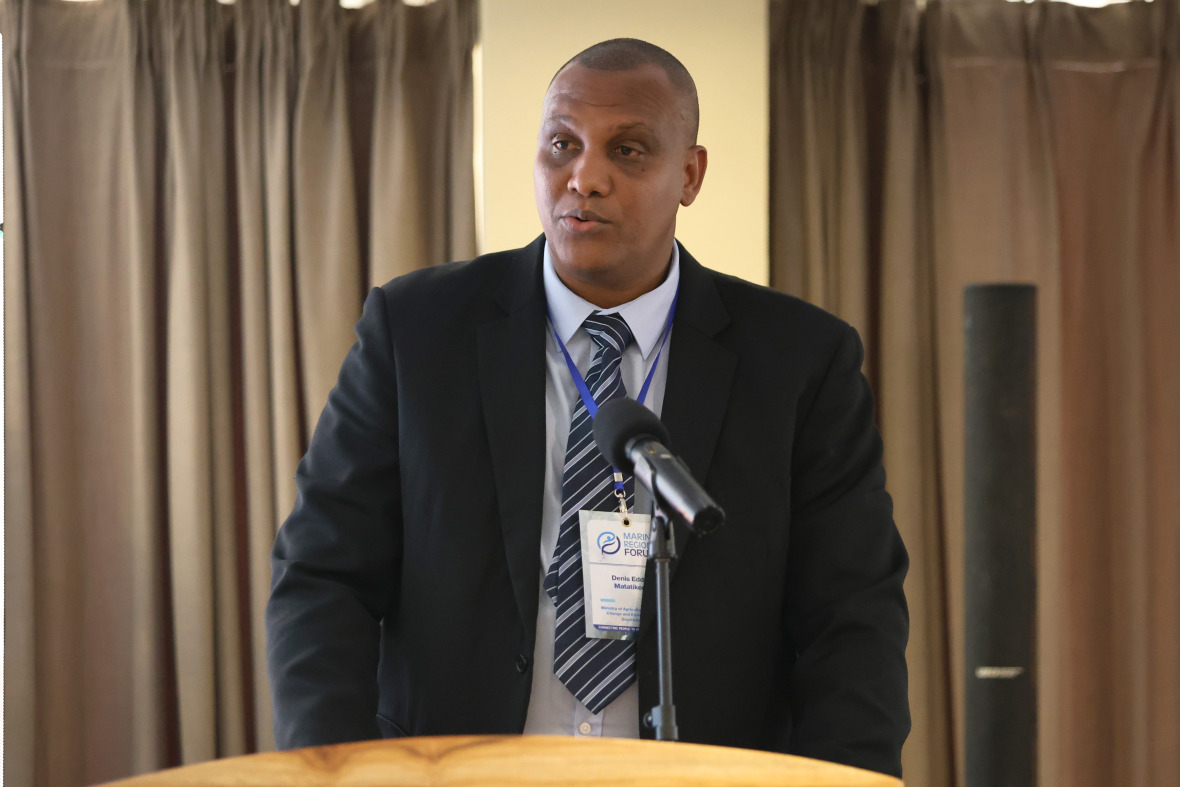
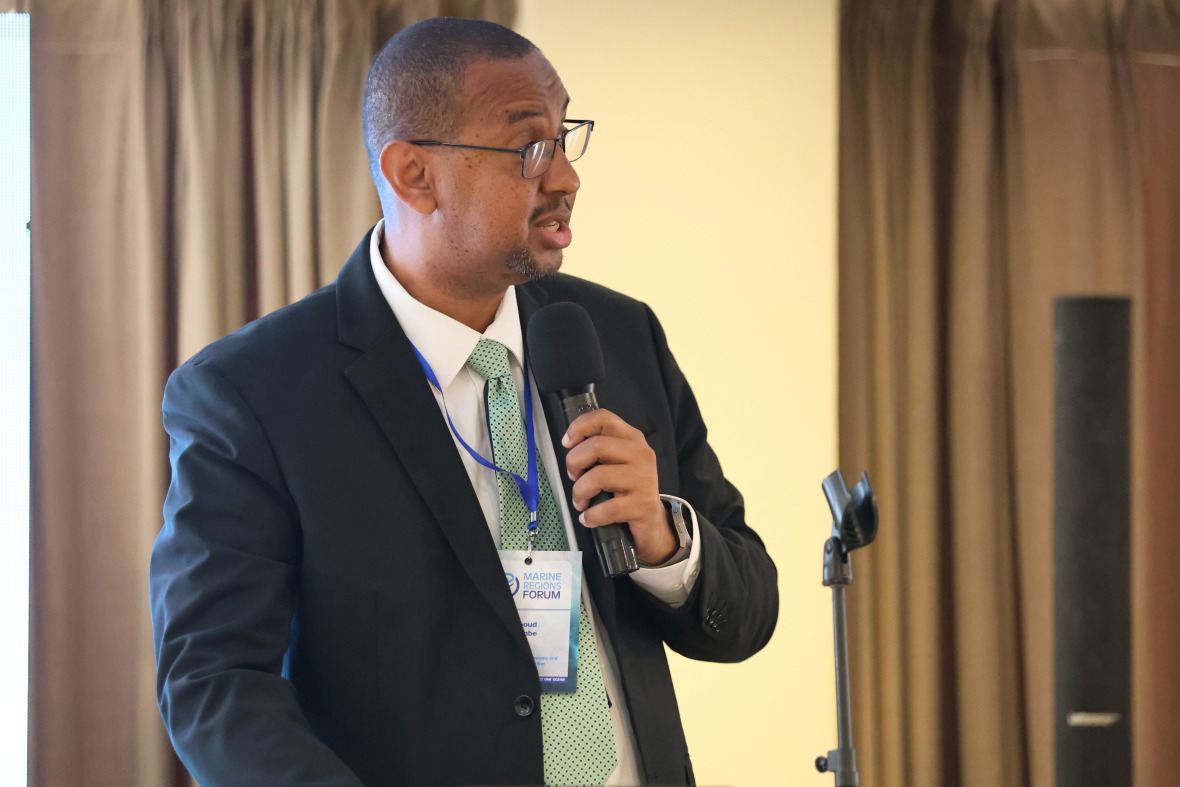
IISD/ENB | Anastasia Rodopoulou
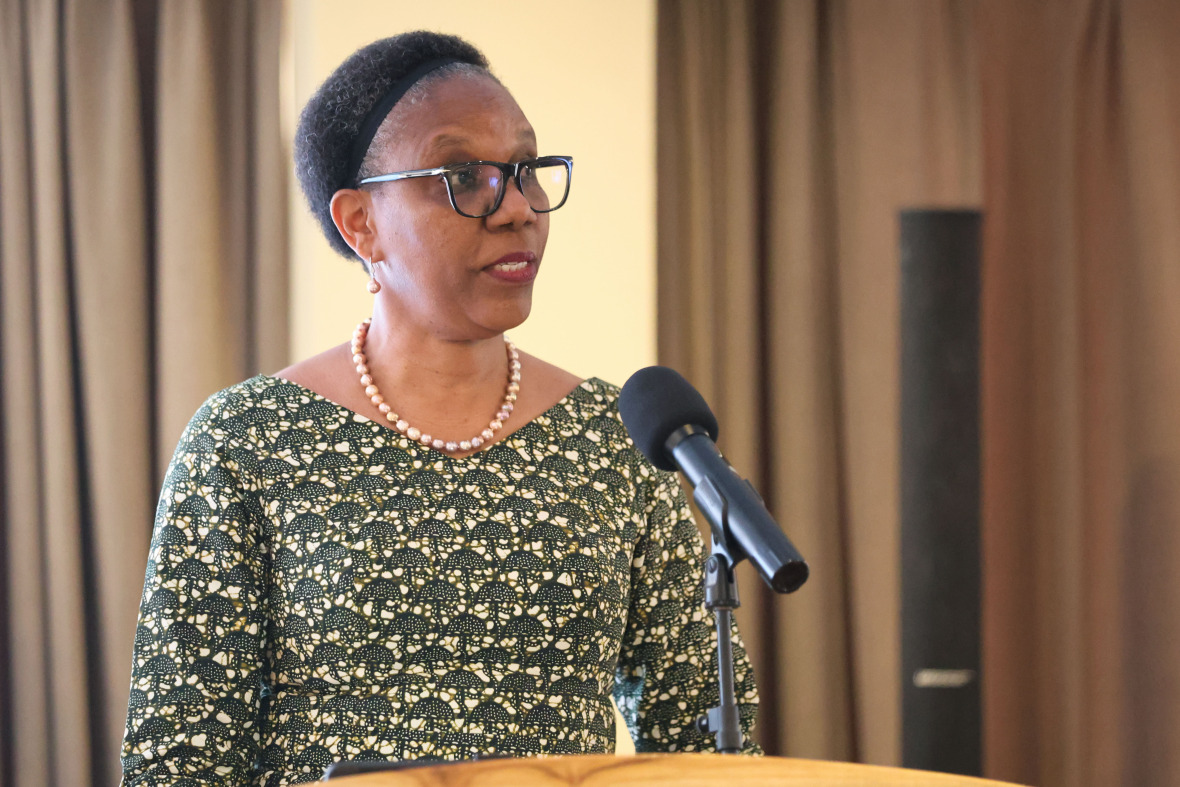
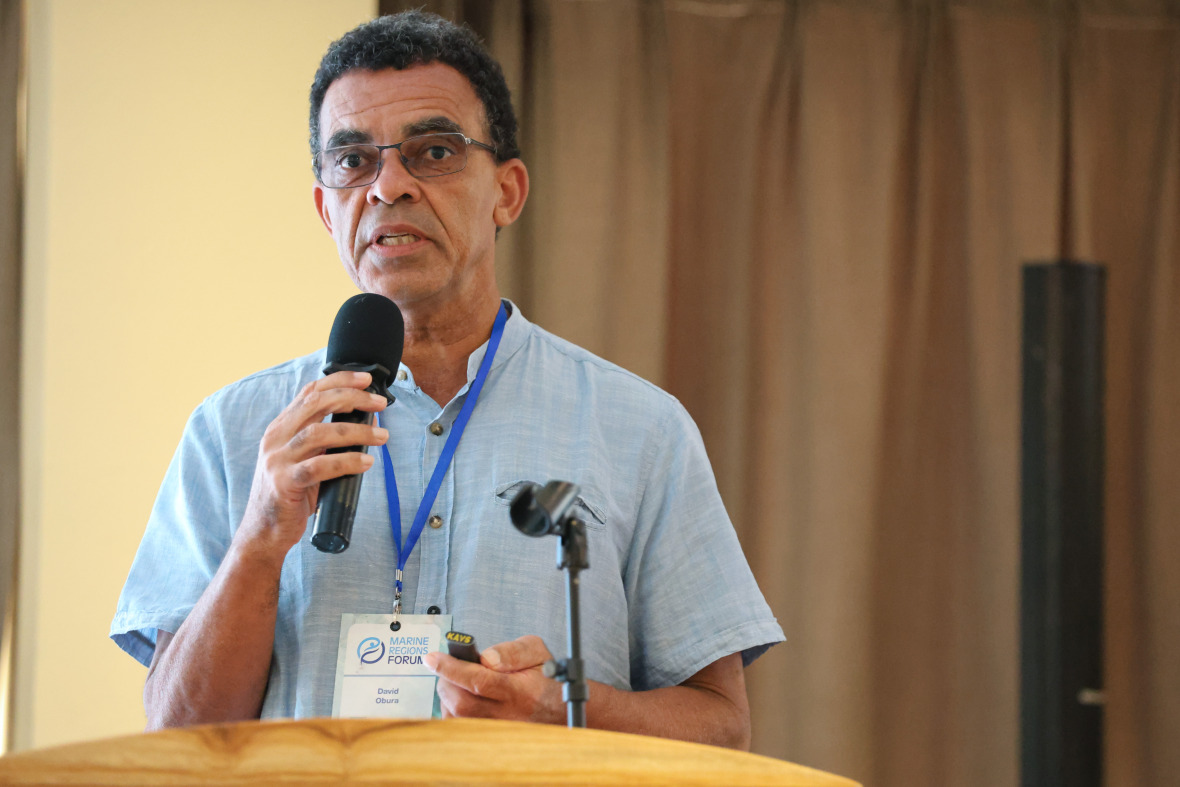
The thematic strand, Tackling the triple planetary crisis, involved extensive discussions on the urgent need to tackle climate change, biodiversity loss, and pollution together as interrelated environmental emergencies. Among other things, the sessions highlighted:
- the accelerated rate of warming of the WIO, with an emphasis on the impacts on marine species, ecosystems, and potential food webs;
- the potential of a circular economy to tackle marine plastics, and the need to involve the plastics industry in combating plastic pollution;
- the importance of Locally Managed Marine Area Networks (LMMAs) for community involvement in sustainable resource management;
- nature-based solutions (NbS), such as constructed wetlands for wastewater treatment;
- technological advancements including artificial intelligence (AI) to improve maritime transparency and tackle illegal fishing; and
- the need for specific guidance on adapting the blue economy in the face of climate change.
Photo gallery: Tackling the triple planetary crisis
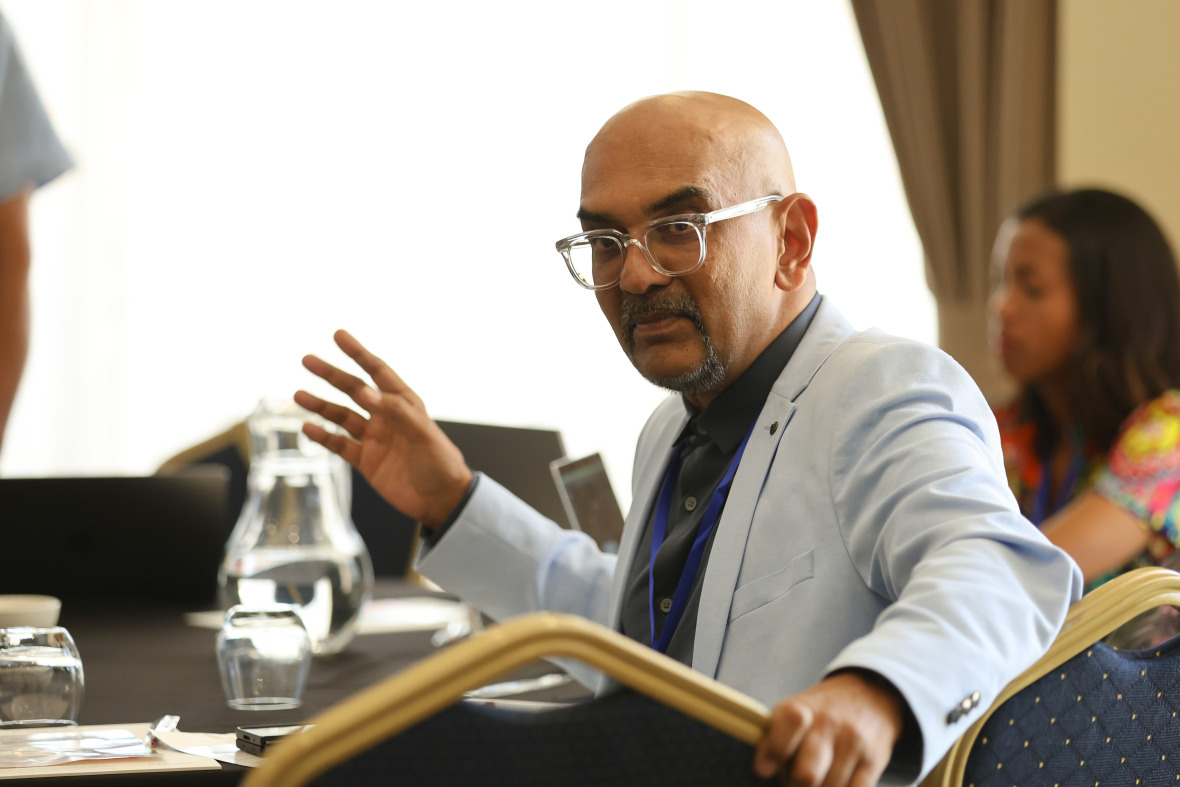
IISD/ENB | Anastasia Rodopoulou
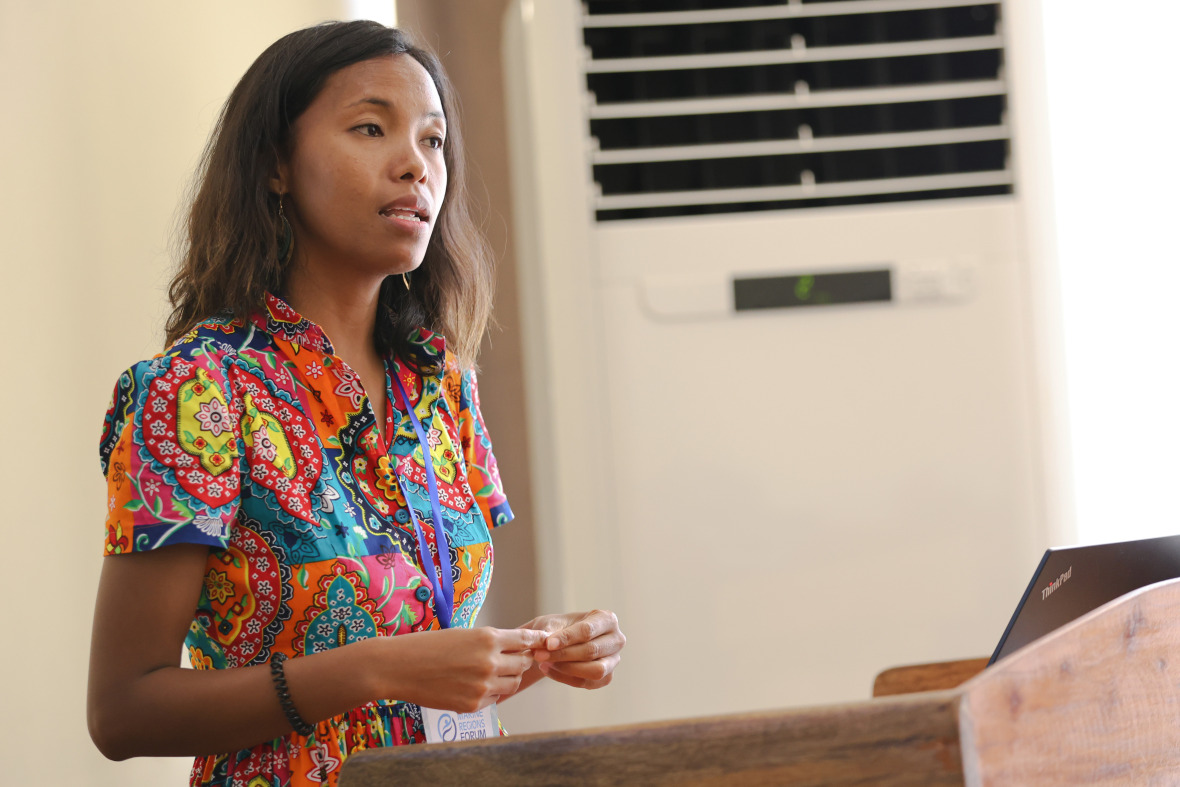
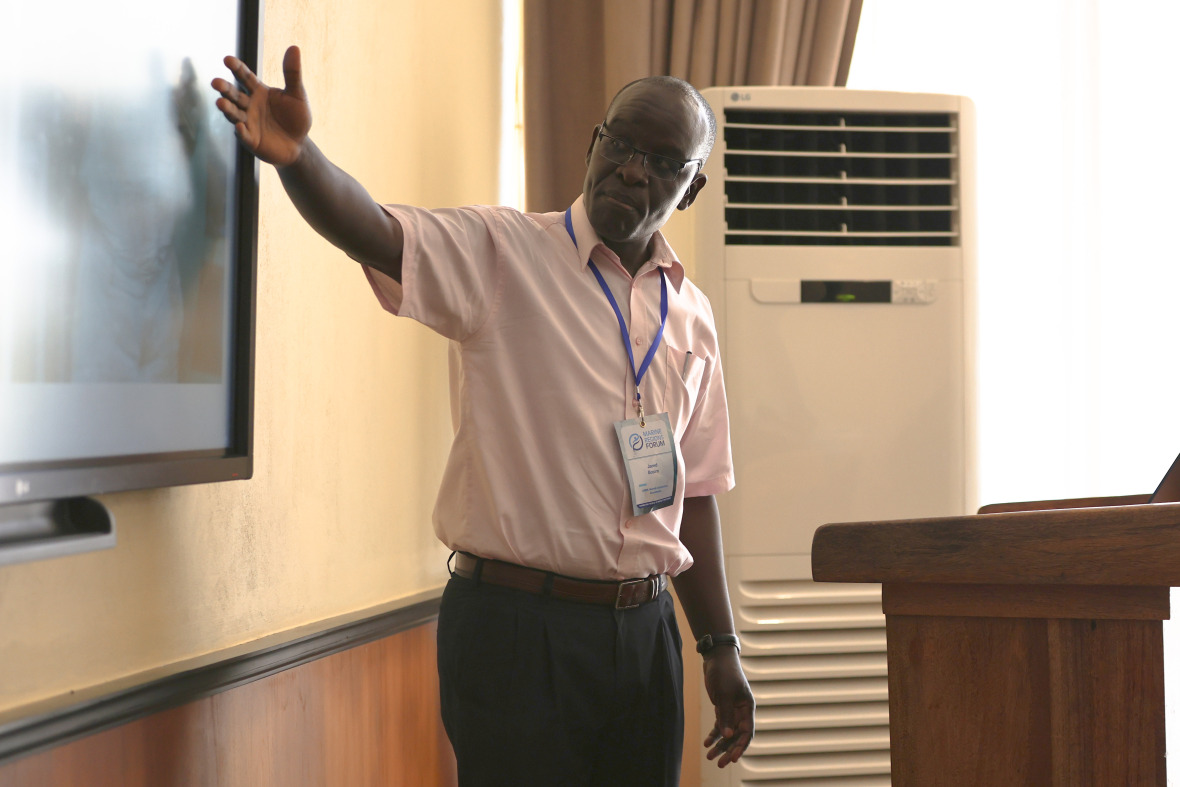
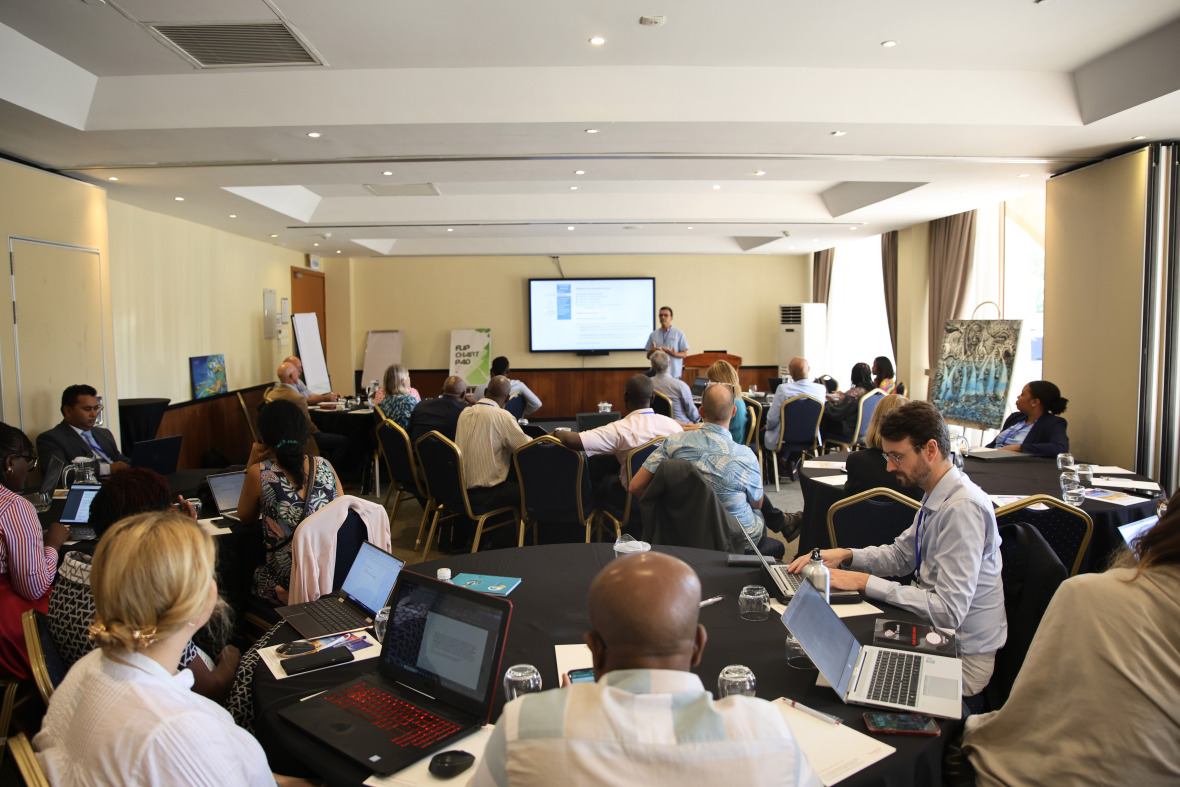
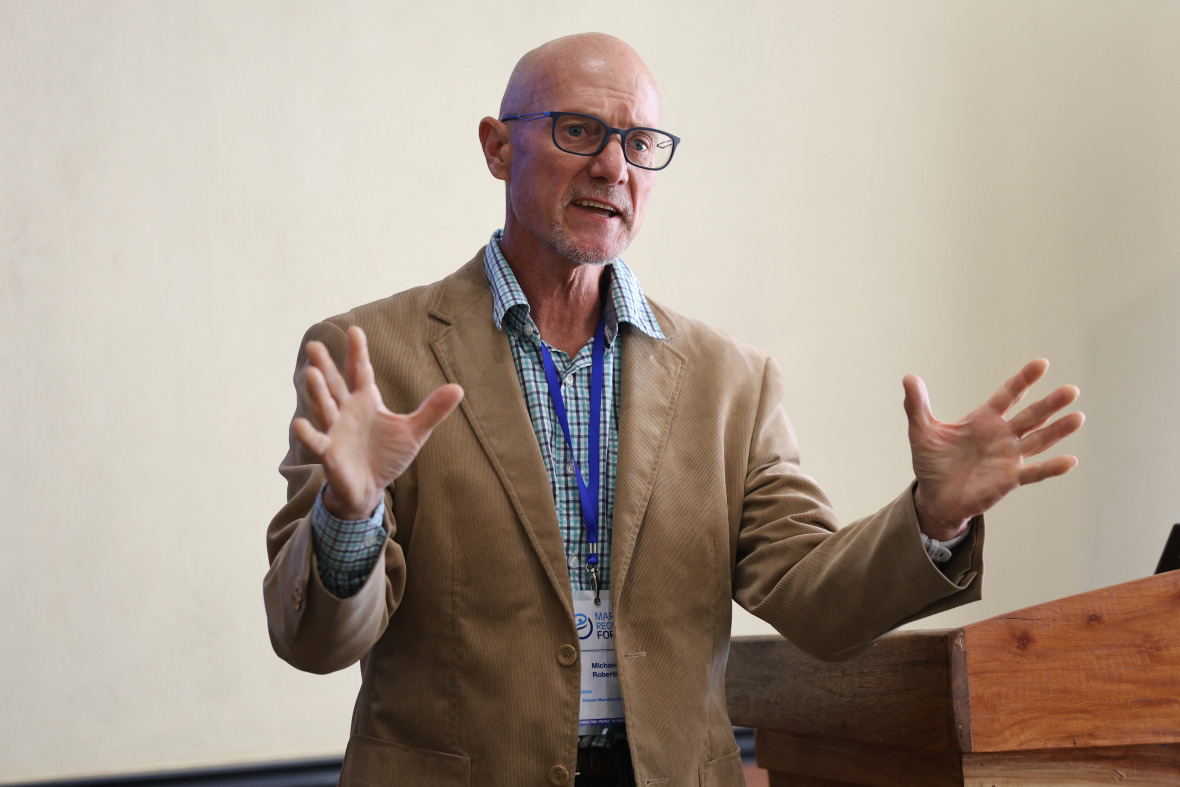
The discussion on the thematic strand, Fostering a sustainable blue economy, acknowledged the potential for economic growth and underscored the importance of sustainability, equity, and inclusivity in the blue economy. Among other things, the sessions highlighted the need for:
- responsible ocean resource utilization, with a focus on protecting vital ecosystems;
- a Marine Spatial Planning (MSP) strategic framework for developing blue economy strategies;
- international cooperation mechanisms, such as the WIO Symphony; and
- the crucial role played by the private sector in catalyzing a sustainable blue economy, and their role in driving Africa’s aspirations and benefiting communities.
Photo gallery: Fostering a sustainable blue economy
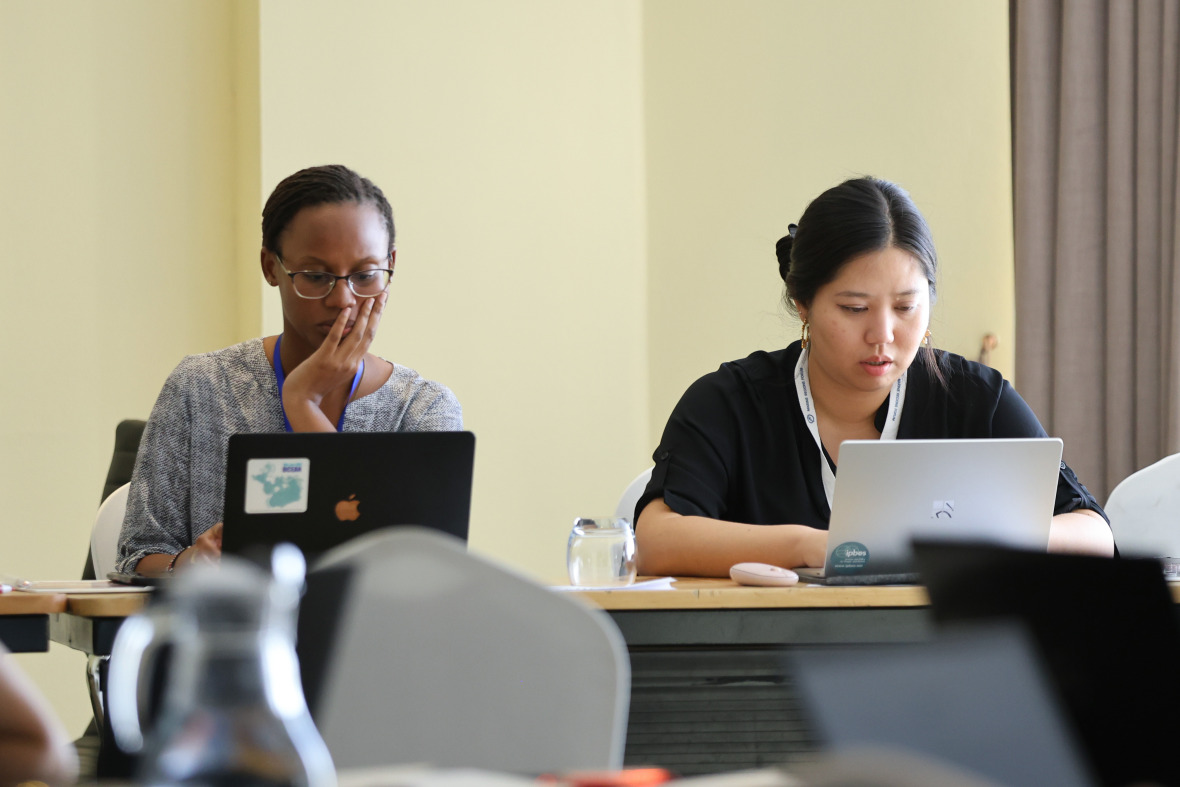
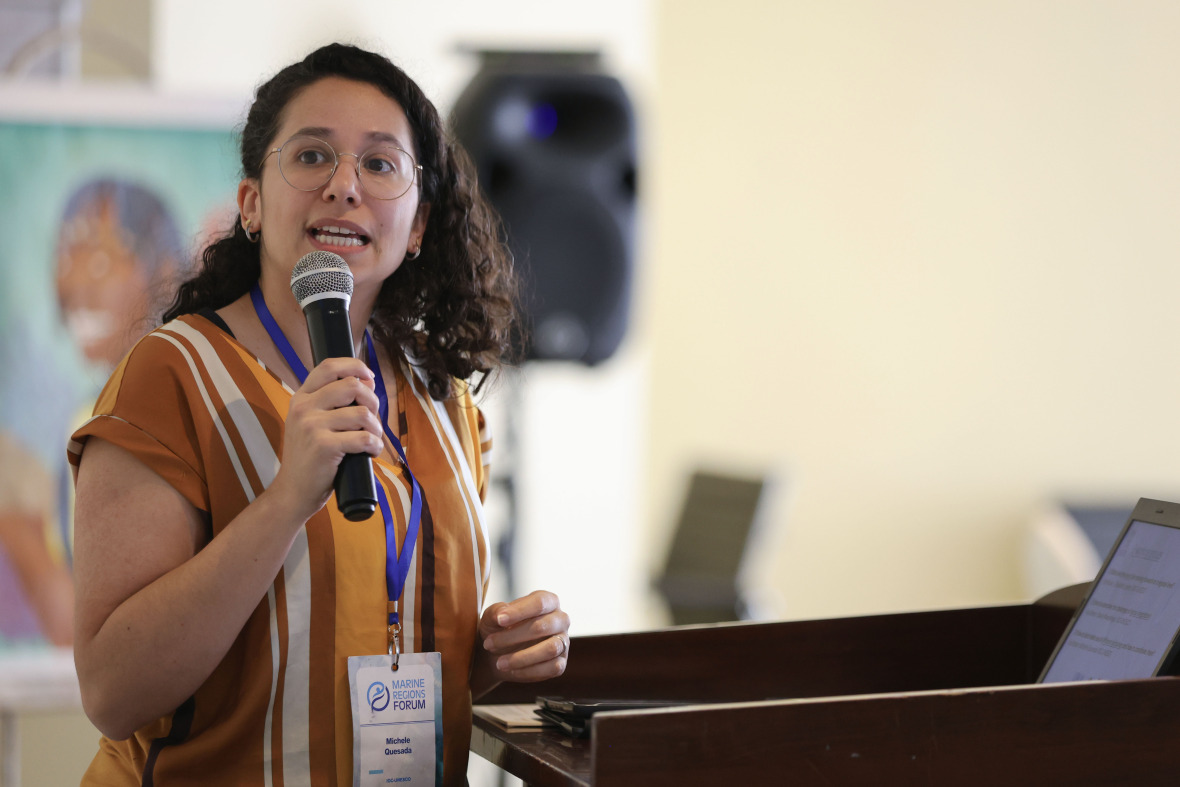
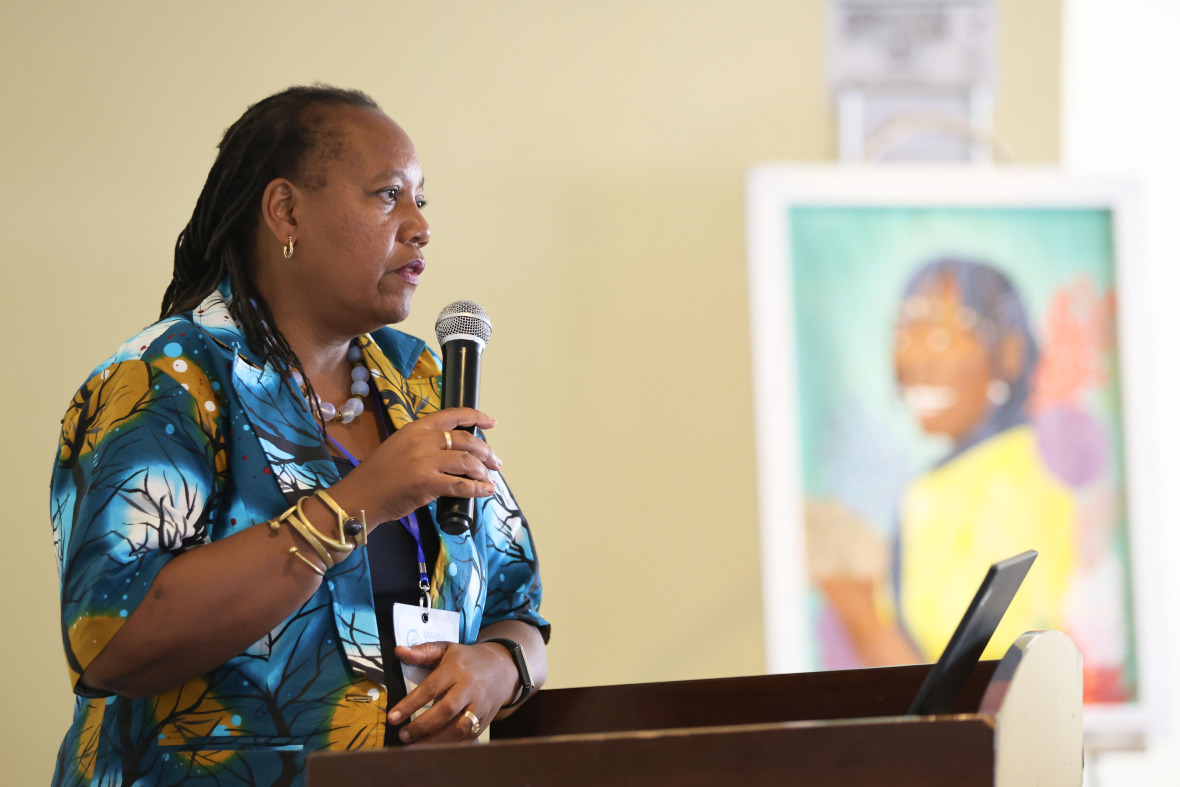
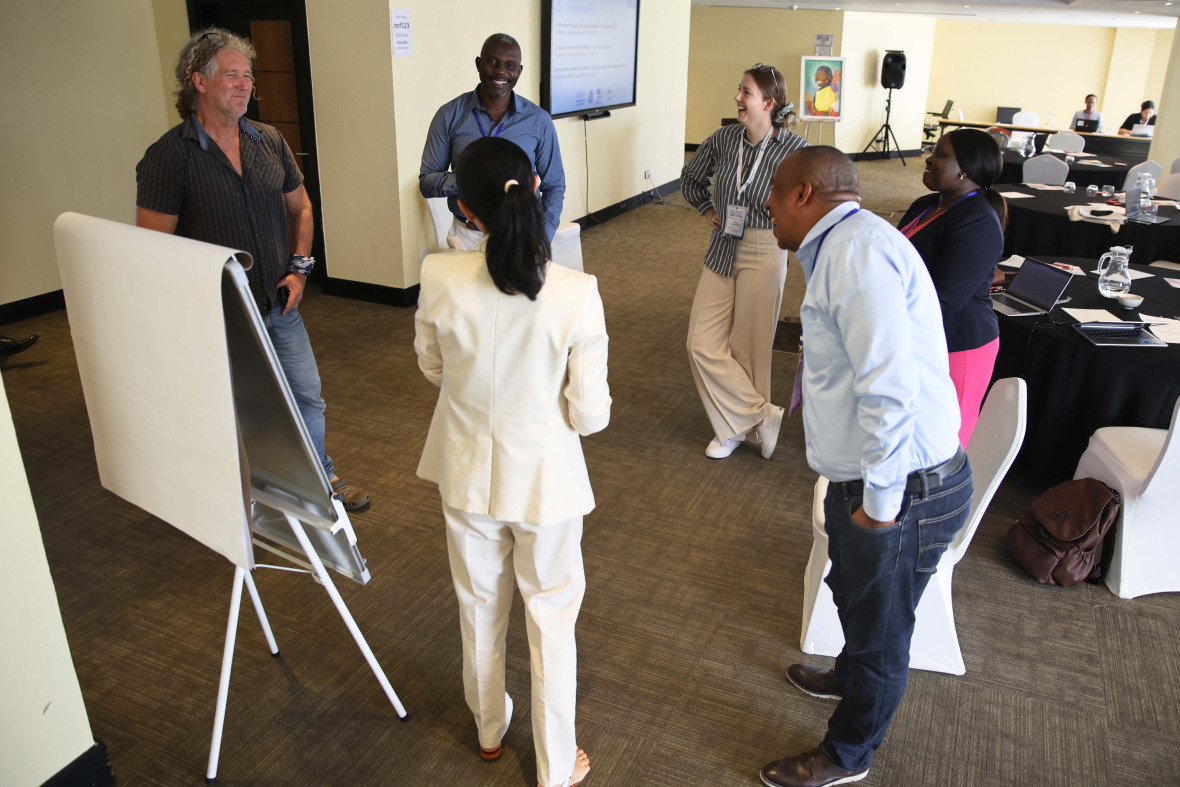
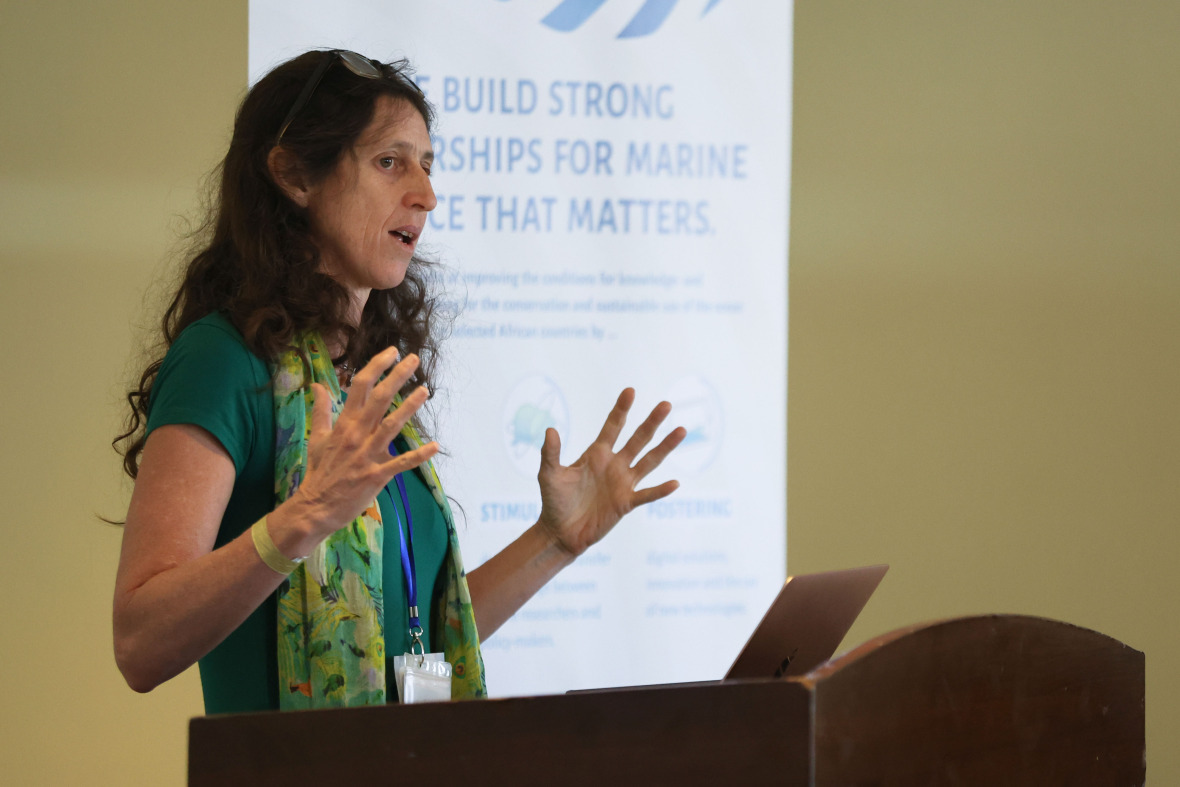
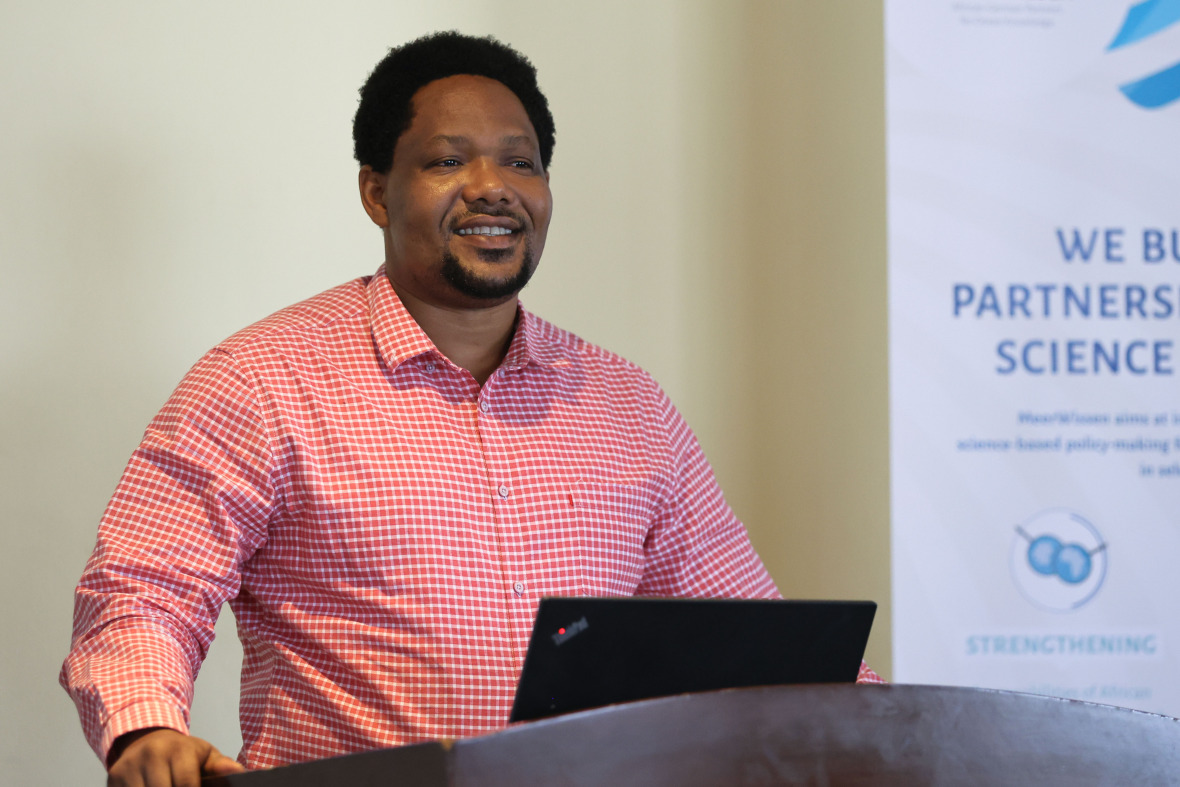
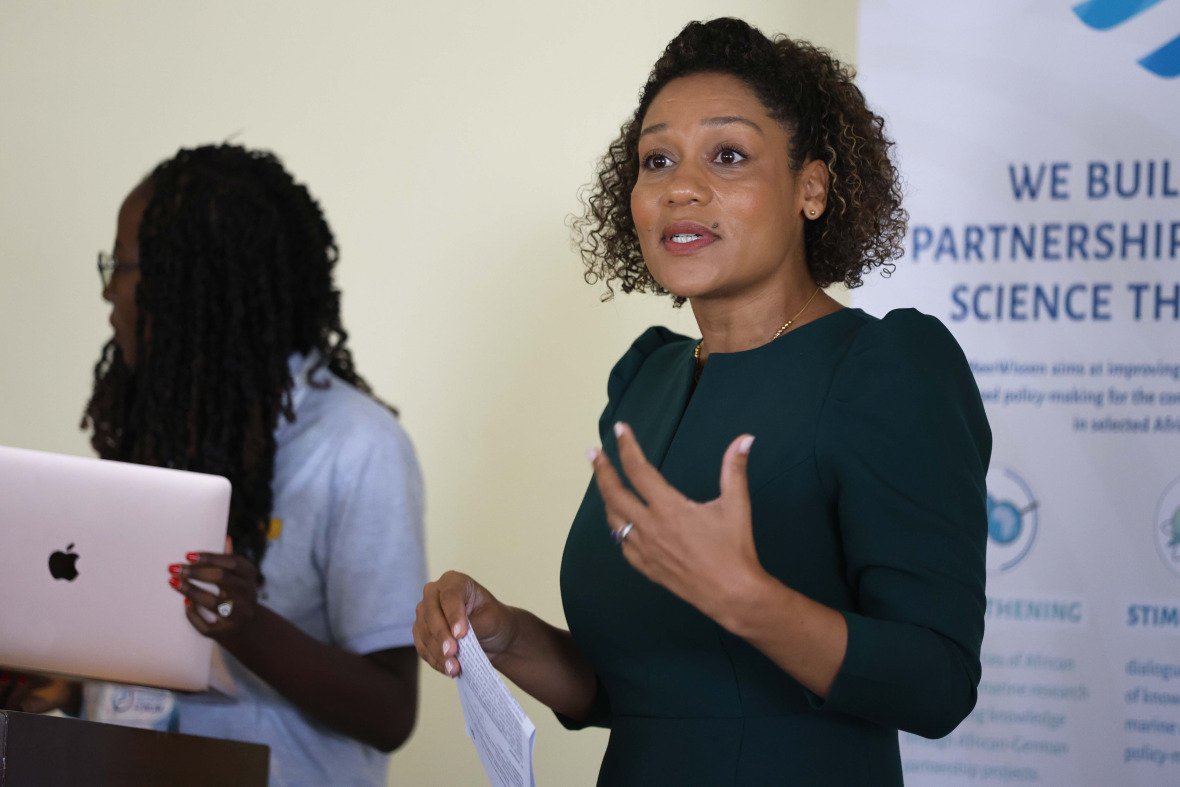
The strand on Implementing global goals at the regional level focused on the importance of achieving global goals at the regional level. Discussions addressed the relevance of:
- the recently adopted Kunming-Montreal Global Biodiversity Framework (GBF);
- the ongoing Intergovernmental Negotiating Committee (INC) to develop an international legally binding instrument on plastic pollution, including in the marine environment;
- the agreement under the UN Convention on the Law of the Sea on the conservation and sustainable use of marine biological diversity of areas beyond national jurisdiction (BBNJ Treaty); and
- ongoing negotiations at the International Seabed Authority (ISA) on deep seabed mining.
Photo gallery: Implementing Global Goals At The Regional Level
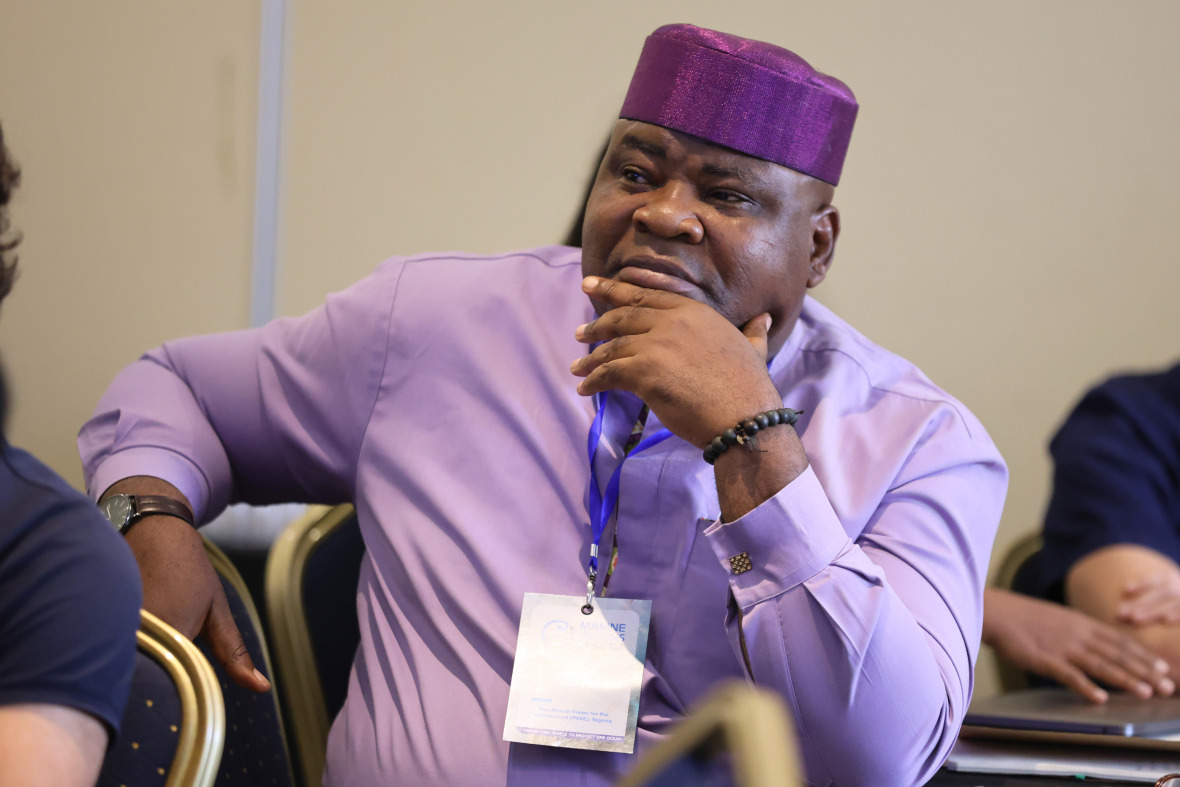
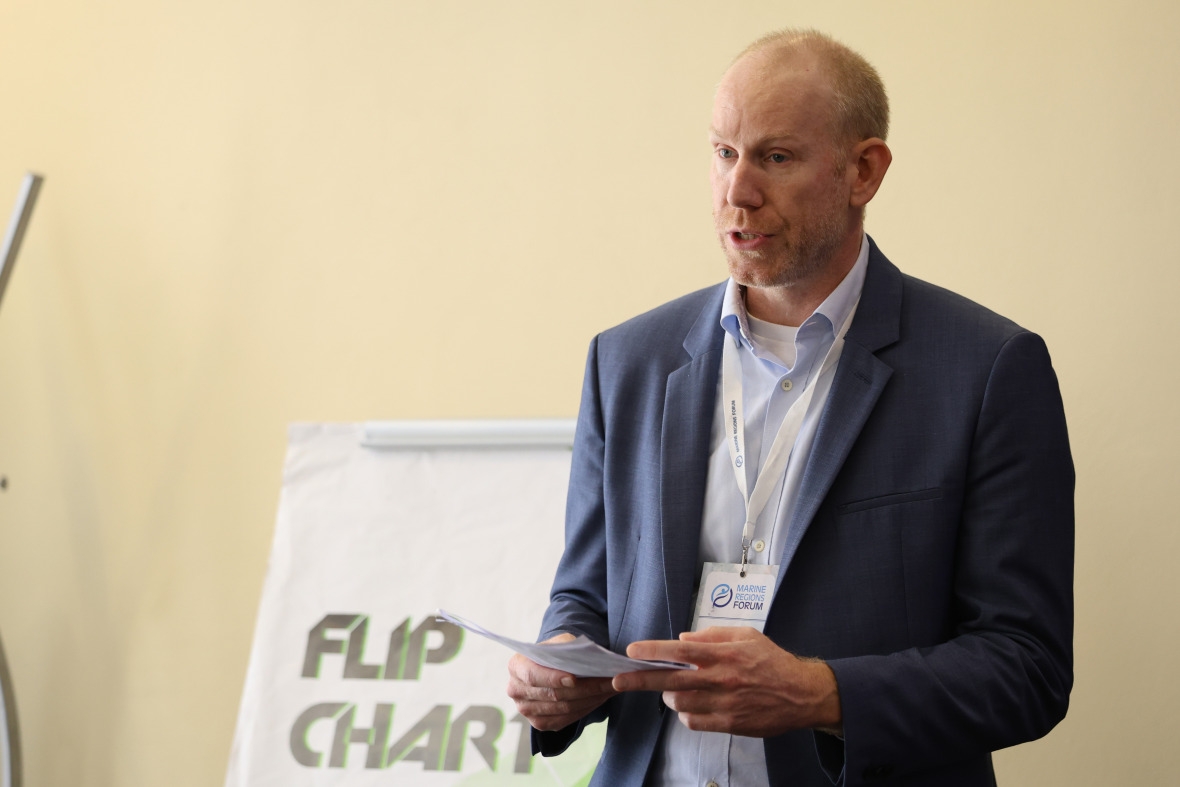
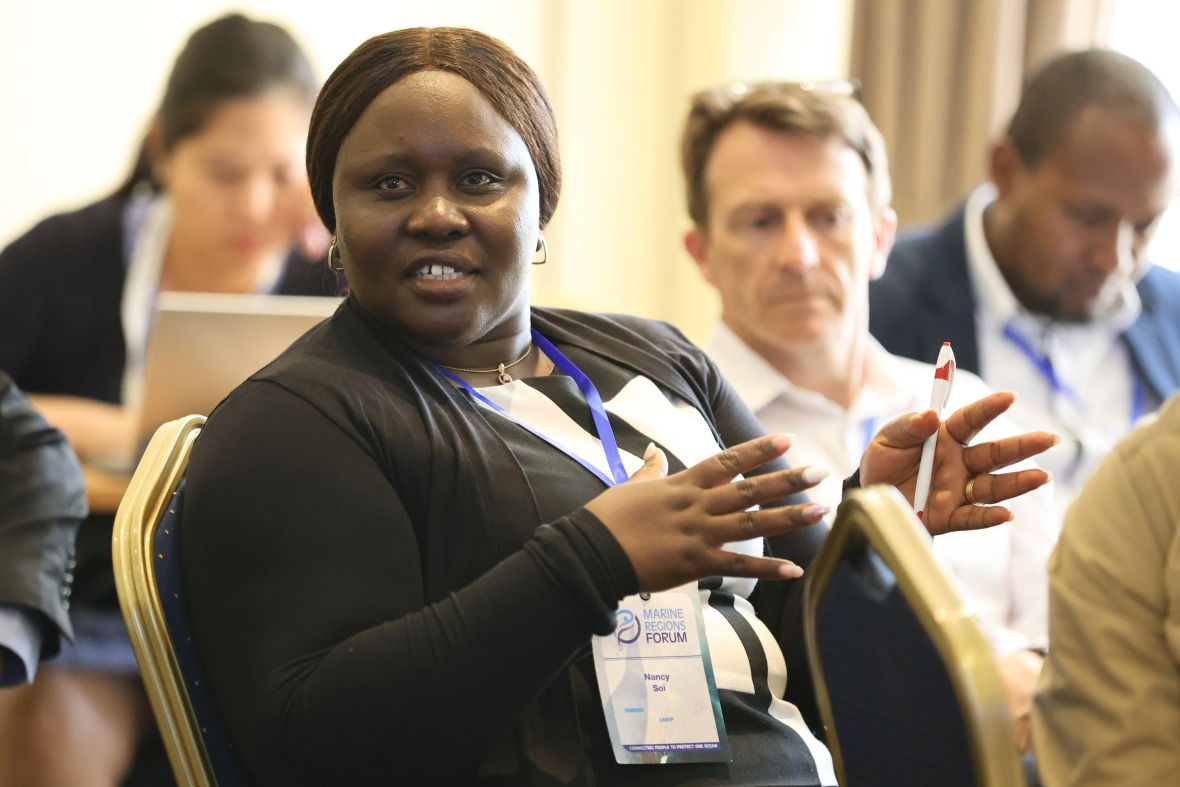
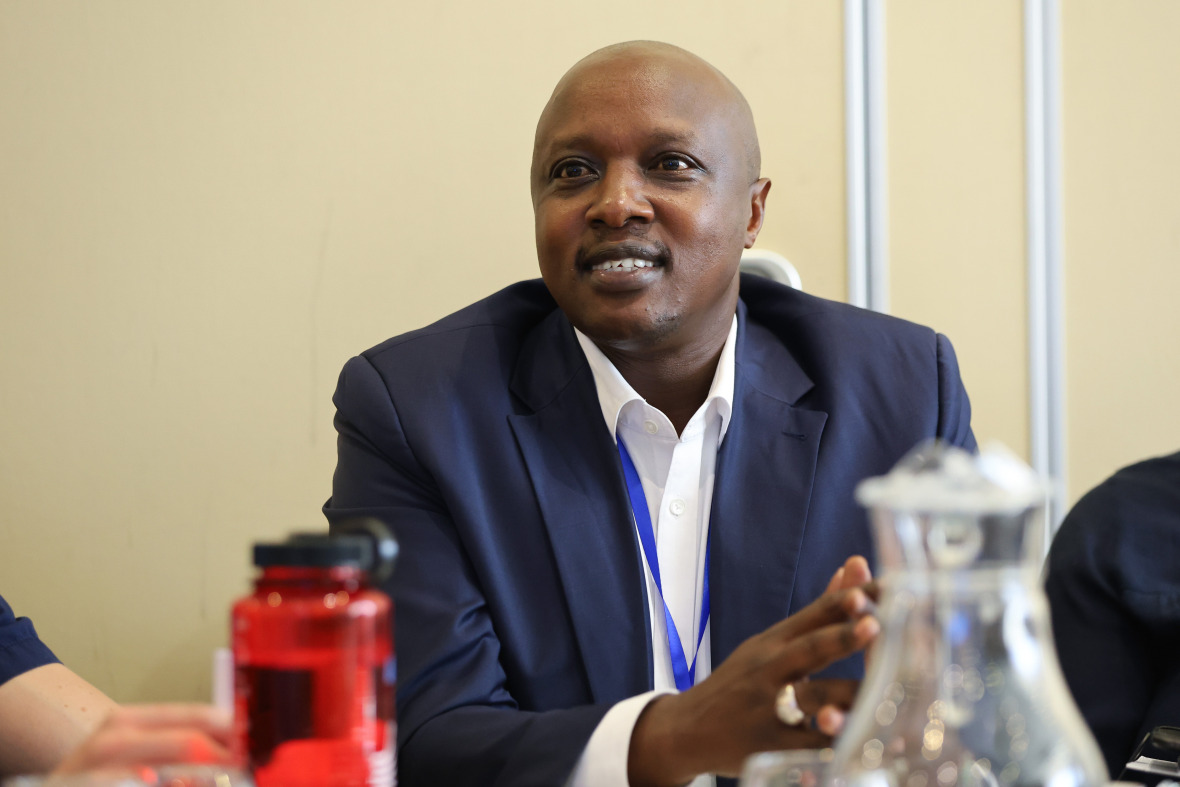
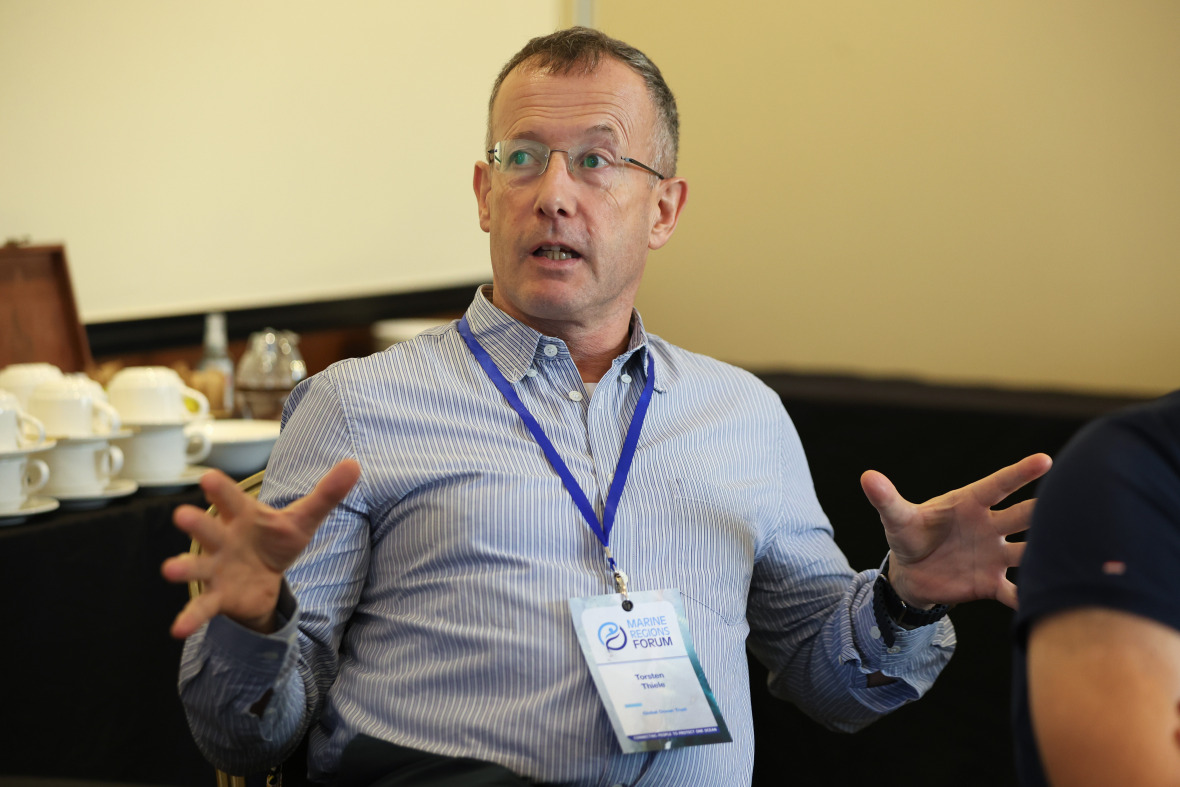
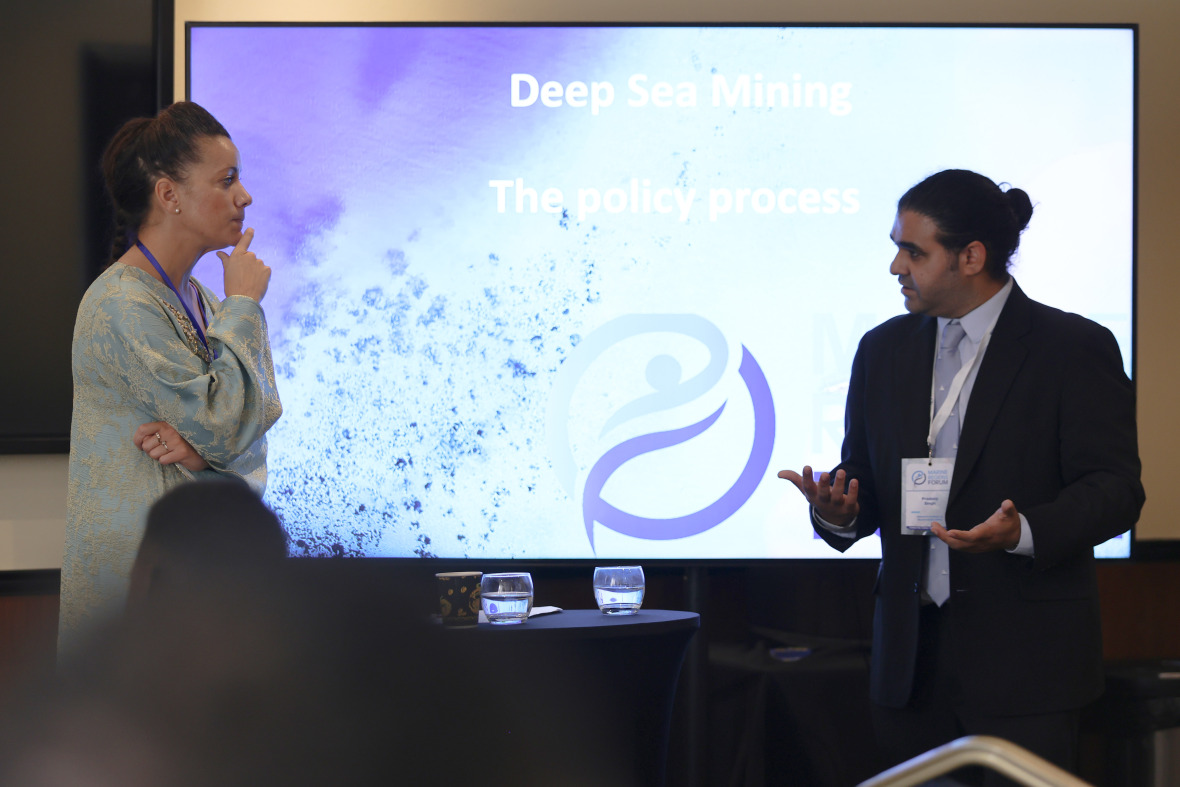
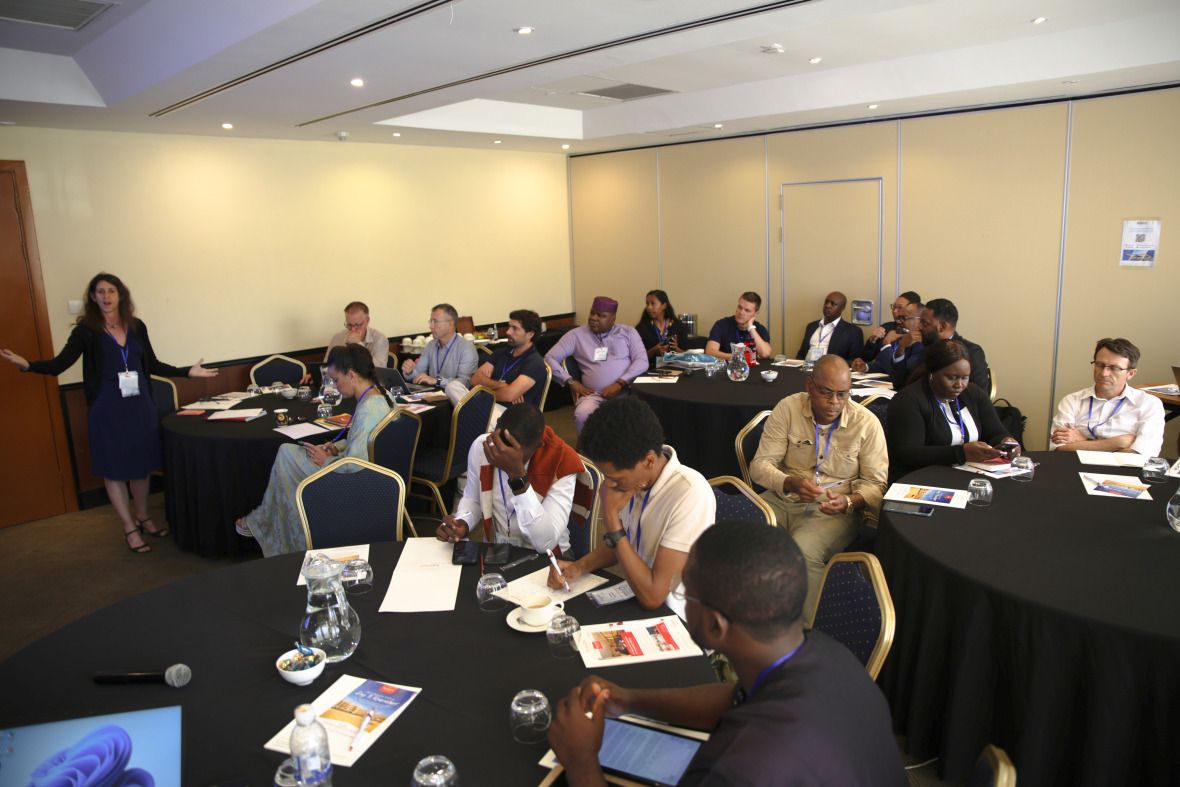
The Regional ocean governance strand delved into the roles of diverse entities in WIO ocean governance, with an emphasis on the development of the Nairobi Convention’s Regional Ocean Governance Strategy (ROGS). Participants discussed institutional setups, financing mechanisms, and lessons learned from the ROGS process. Among other things, the participants:
- emphasized the importance of participatory processes in the development of ocean governance strategies in order to build credibility and ownership;
- outlined priorities for regional marine governance, such as maritime security, blue economy, environment and natural resources as well as knowledge management and science;
- proposed the institutionalization of an apex decision-making body in the WIO region; and
- emphasized the need to draw lessons from the African Union (AU) multi-stakeholder task force and to share best practices and lessons with other regions.
Photo gallery: Regional ocean governance
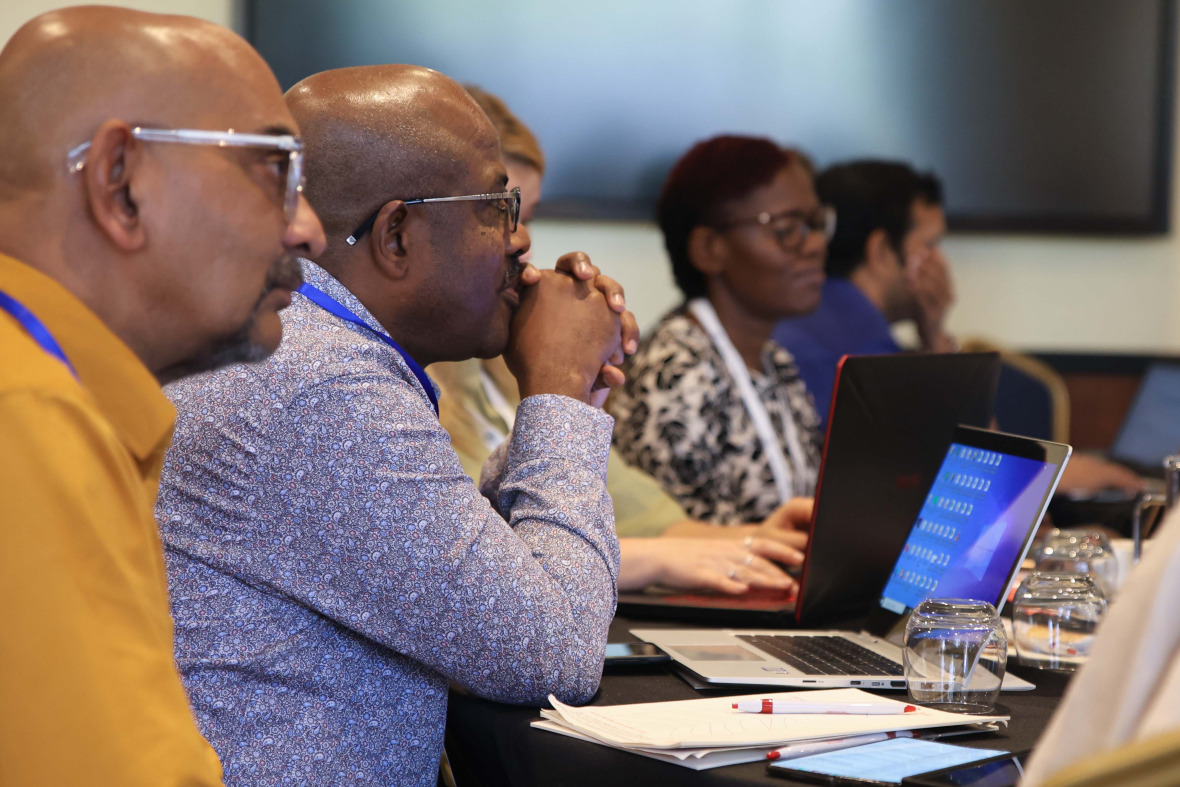
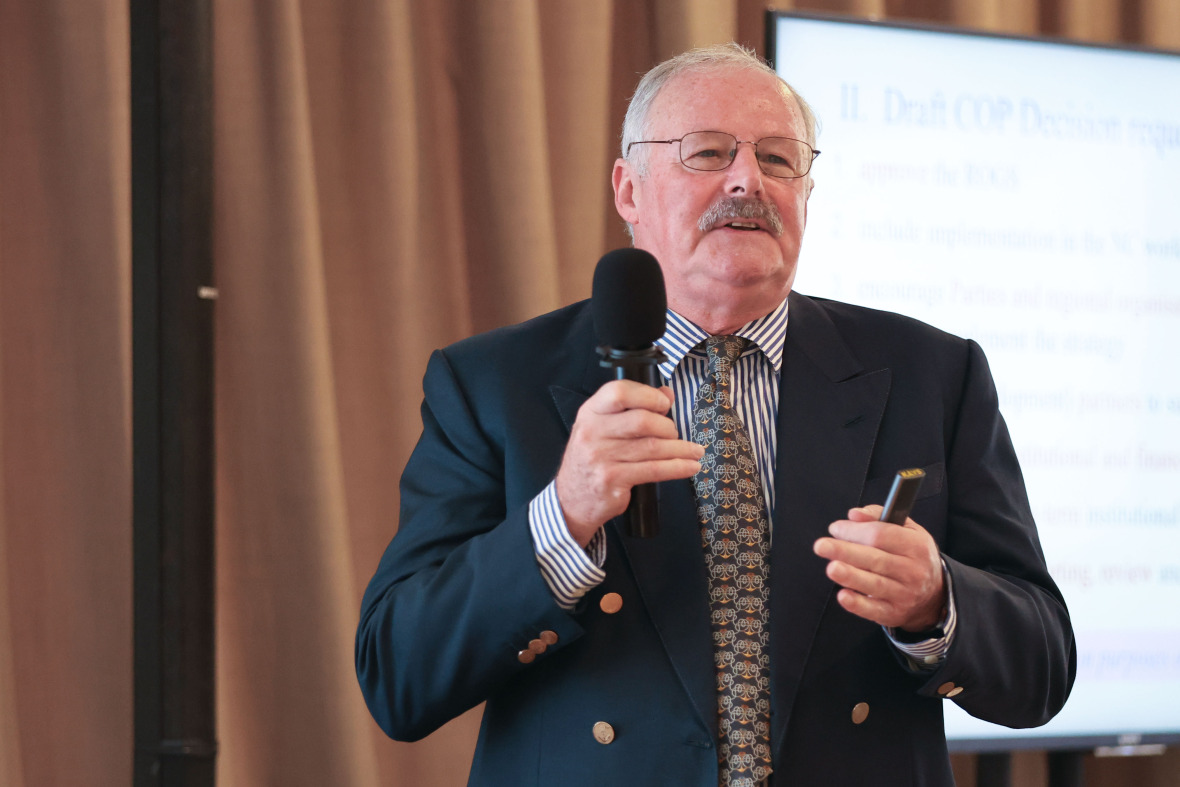
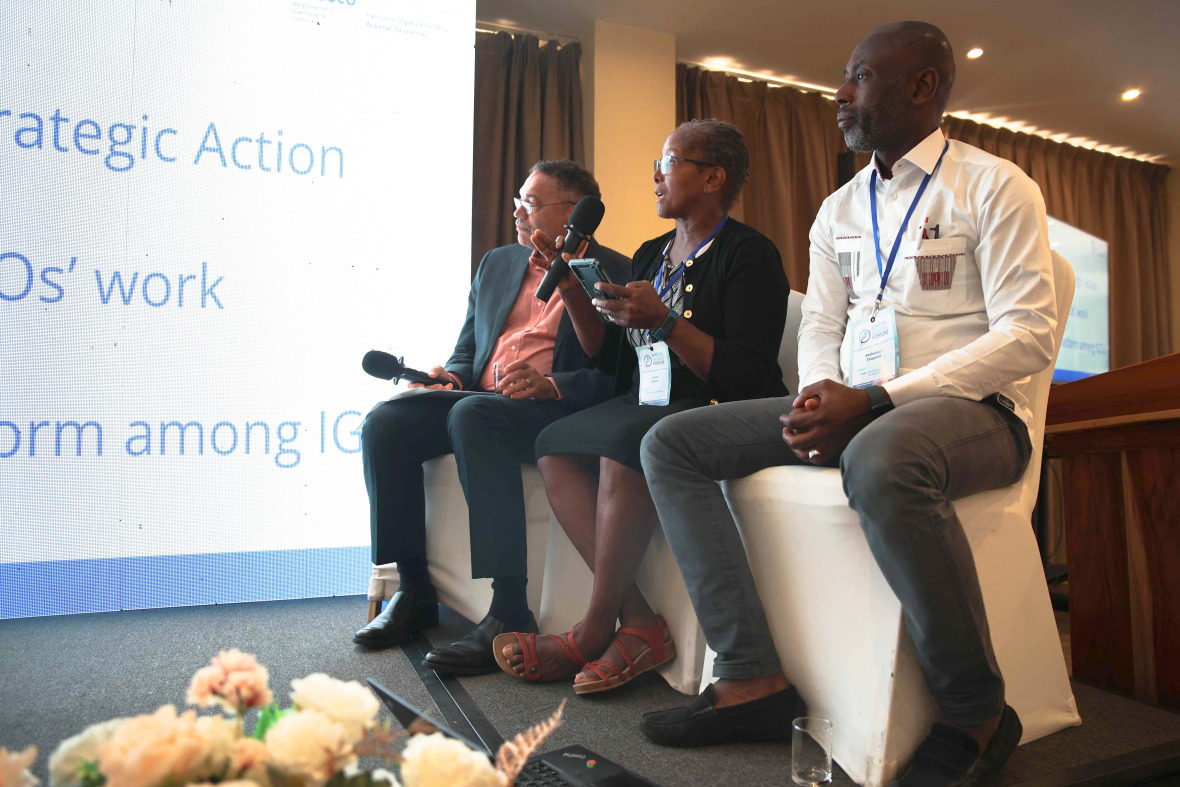
The Marine Regions Forum 2023, which took place on 7–9 November in Dar Es Salaam, Tanzania, brought together 160 participants from the WIO and other marine regions. The conference was co-financed by the European Union (EU), the Swedish Ministry for Climate and Enterprise and the German Federal Ministry for the Environment, Nature Conservation, Nuclear Safety and Consumer Protection and supported by the Secretariat of the Nairobi Convention. The Marine Regions Forum 2023 was jointly organized by RIFS, IDDRI and TMG - ThinkTank for Sustainability and its regional partners, namely the Secretariat of the Nairobi Convention, CORDIO East Africa and the Western Indian Ocean Marine Science Association (WIOMSA) together with Empower Ltd.
Source: IISD Earth Negotiations Bulletin
Further information:
• Website of the Marine Regions Forum
• Blog post by the Western Indian Ocean Marine Science Association (WIOMSA)
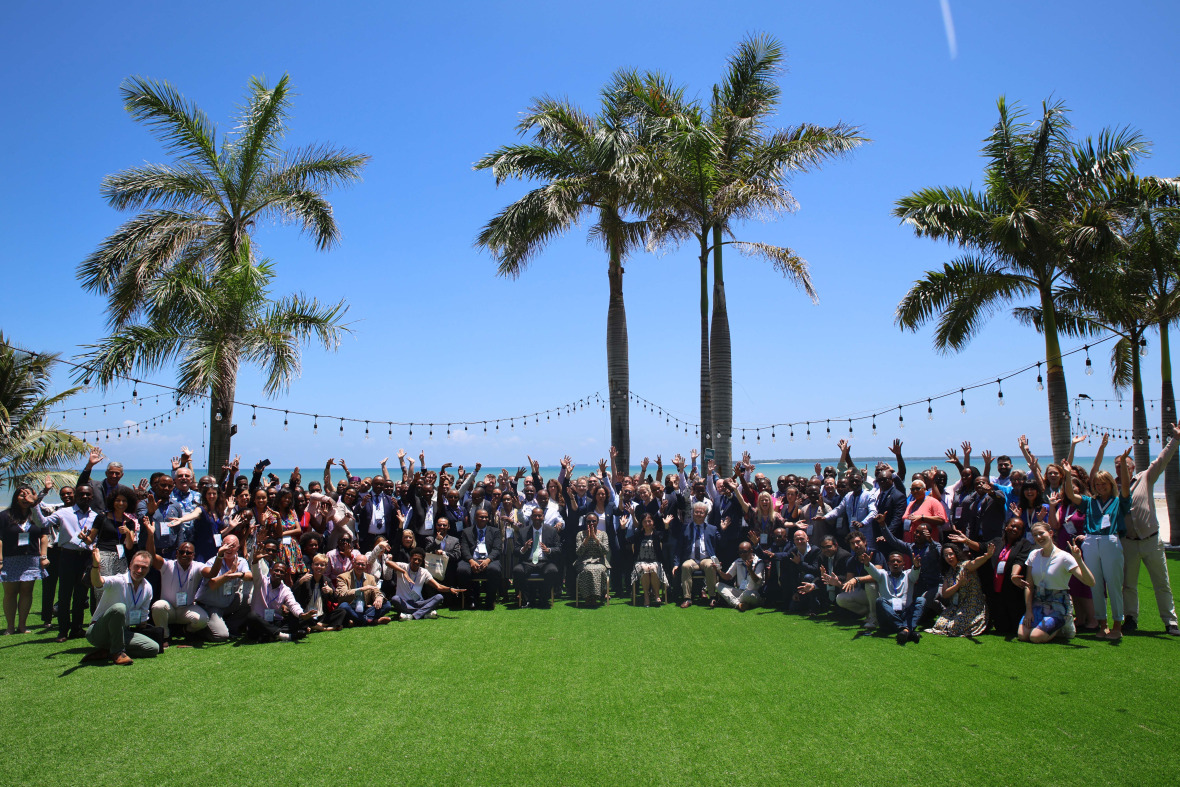
IISD/ENB | Anastasia Rodopoulou
Marine Regions Forum 2023: Highlights Day 1
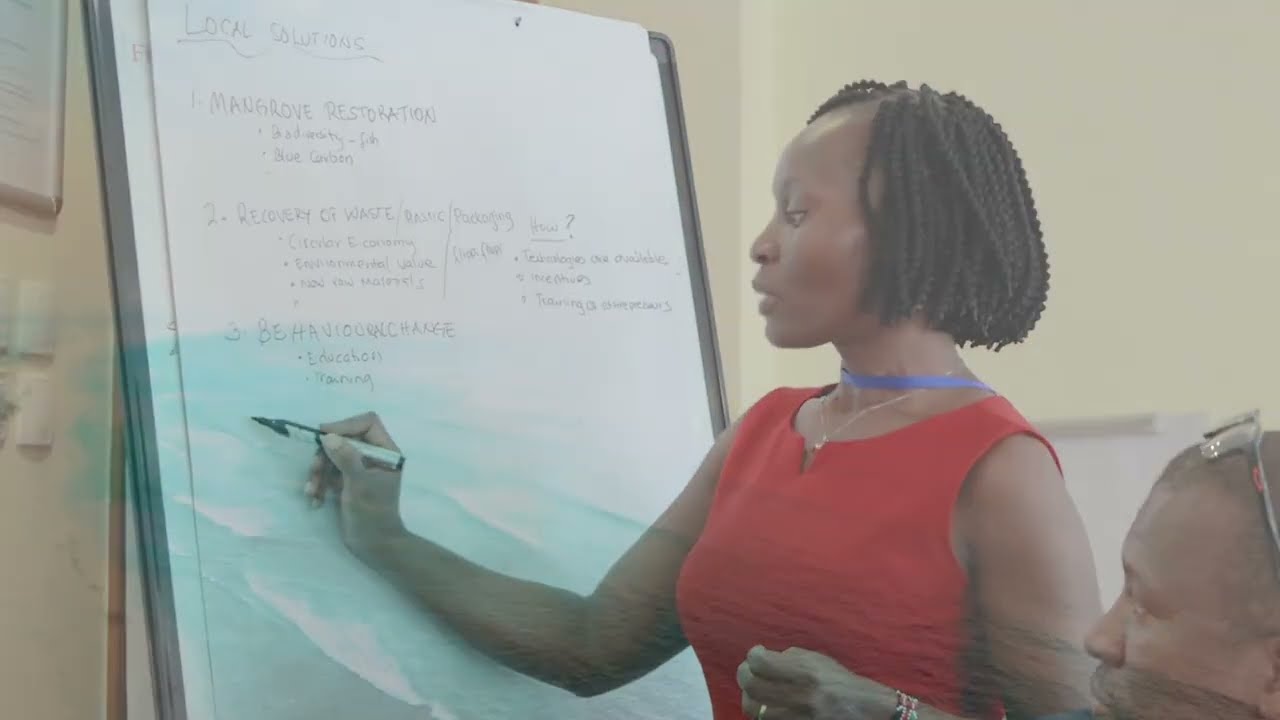
Marine Regions Forum 2023: Highlights Day 2
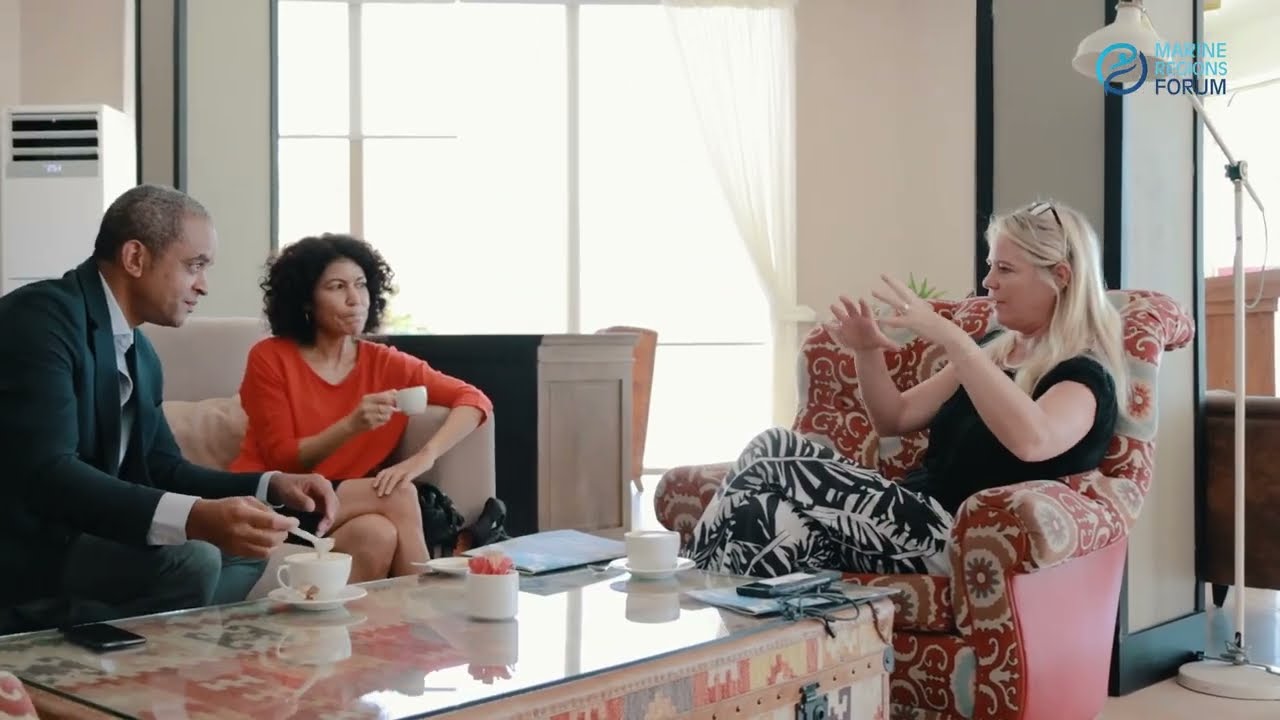
Marine Regions Forum 2023: Highlights Day 3
